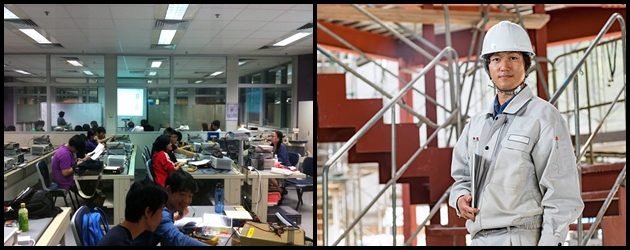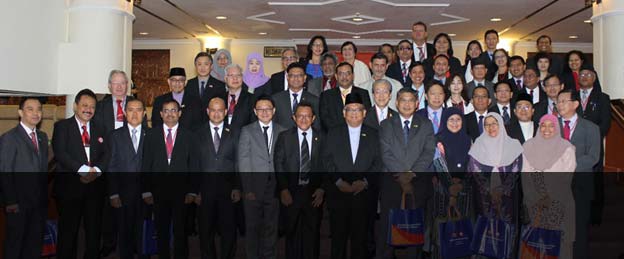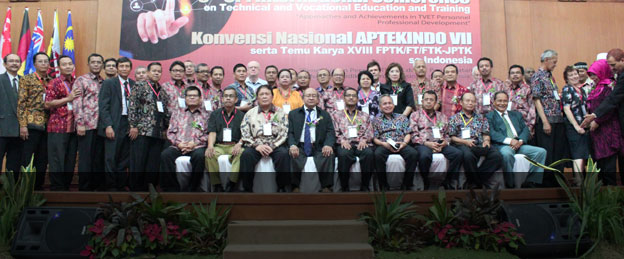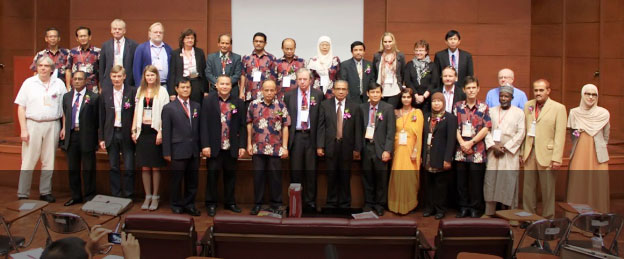Full issue 20
Governance of TVET is a major issue and precondition for the ongoing development of TVET systems, especially in the era of digitalization and sustainable development. In the 2010 Guidelines for TVET Policy Review, UNESCO defines TVET Governance as being “concerned with how the funding, provision, ownership and regulation of TVET systems are coordinated, which actors are involved, and what are their respective roles and responsibilities, and level of formal competence – at the local, regional, national and supranational level.”
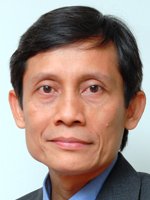
Dr.Paryono Paryono
Deputy Director for Professional Affairs and Research Manager
SEAMEO VOCTECH Brunei
Regional Centre for Vocational and Technical Education and Training of the Southeast Asian Ministers of Education Organisation Brunei Darussalam
Brunei
EB, Issue 1, Issue 2, Issue 3, Issue 5, Issue 8
Field of expertise/main research projects:
Deputy Director for Professional Affairs and Research Manager and Specialist at SEAMEO VOCTECH. Dr. Paryono joined the Centre in 2005. He is also the network coordinator for the Southeast Asian Vocational Education Research Network or SEAVERN and Senior Research Fellow for UNESCO-UNEVOC Germany. He is seconded from Malang State University, Indonesia at the Faculty of Engineering. His education and working experiences are strongly related to Workforce Education and Development and Comparative International Education, and Engineering Education. His research interests include vocational and technical education, qualification frameworks, ICT in education, skills development, and education for sustainable development. He has published research articles related to Technical and Vocational Education and Training in various journals and presented papers in various international conferences.
